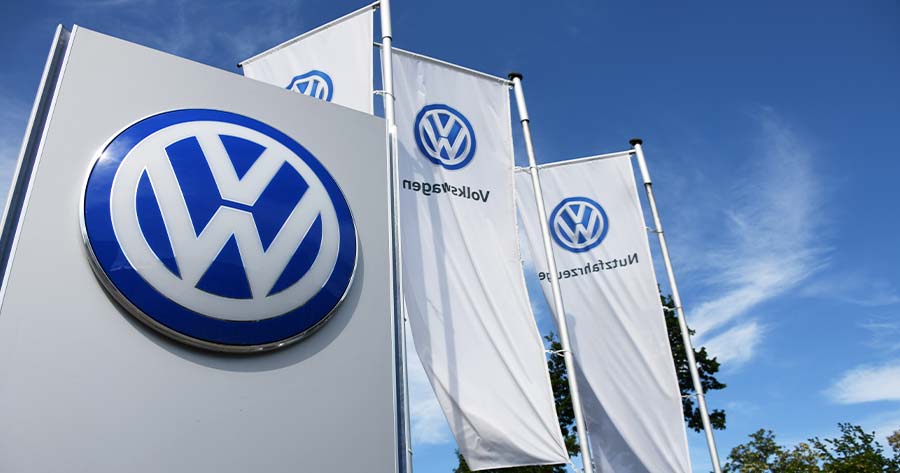Volkswagen’s China chief had visited the Xinjiang plant in the middle of February and said he saw no sign of forced labor.
Ralf Brandstaetter, the head of the automaker’s operation since the middle of last year, spent a day and a half on February 16 and 17 with Volkswagen’s compliance and external relations chief in China. He talked to seven workers personally, some had to communicate through the translator of Volkswagen. During the tour, he also spoke with other workers who were not under government supervision. The workers included Han Chinese, Uyghurs, and Kazakhs.
Brandstaetter said that he talked with people and found out that there was no contradiction here.
Volkswagen has come under fire from human rights groups, politicians, and the German union IG Metall. Human rights groups have documents describing forced labor in detention camps, and the U.N. also said it could lead to a crime against humanity. Still, China denies the violence in Xinjiang.
Thomas Steg, Volkswagen chief lobbyist said after Brandstaetter had been visited that Volkswagen has contractually committed with partner SAIC to Xinjiang’s plants until 2023 and no intention to withdraw.
After the anti-terrorism law was implemented in this region and a series of deadly attacks, the government blamed the militants from Xinjiang, which changed the atmosphere in the region, Steg said. He also added that Volkswagen was trying to find new contractual global partners to diversify its business from the Chinese market.





